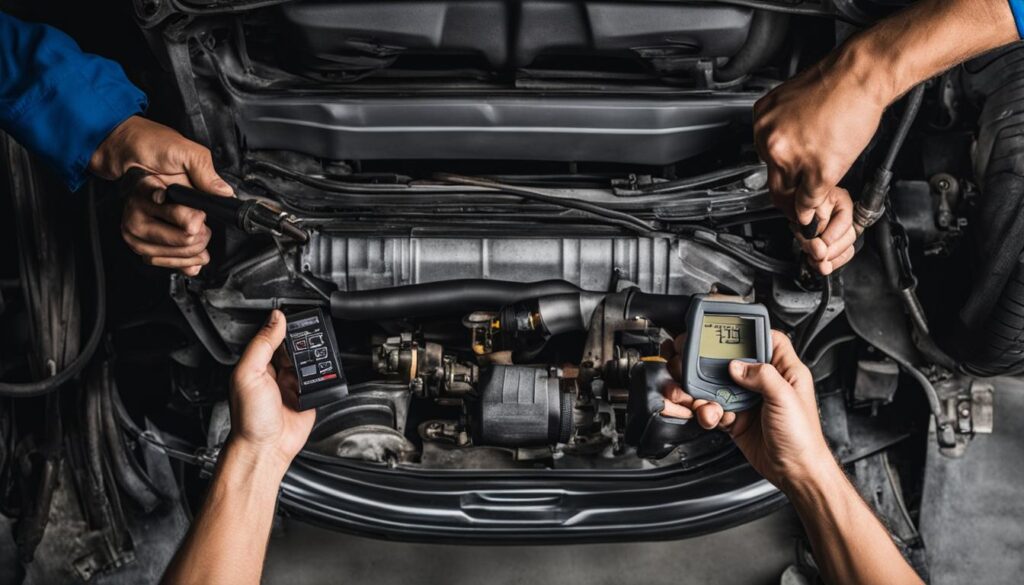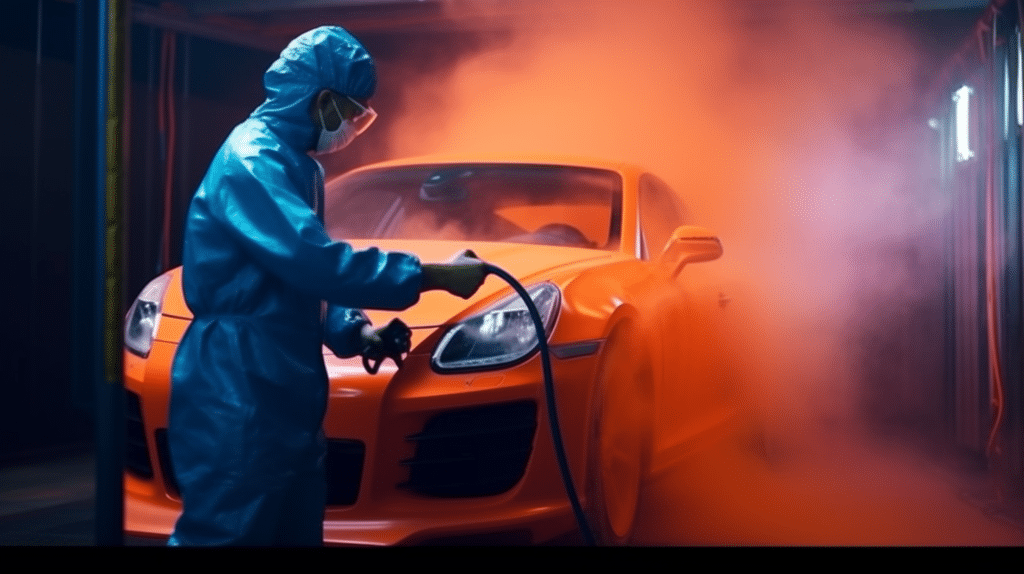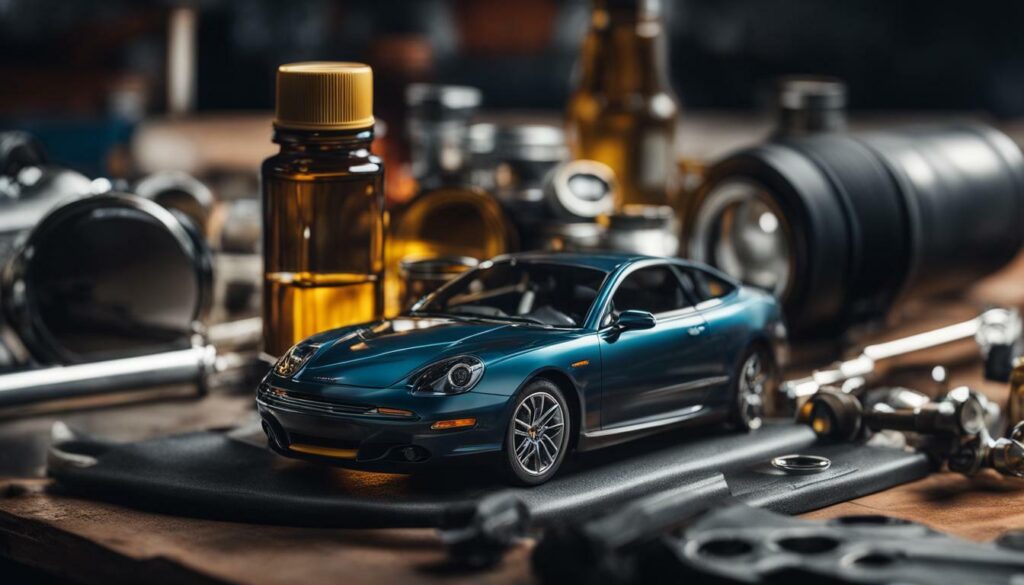The catalytic converter is an essential component of a vehicle’s exhaust system, responsible for processing harmful emissions before they are released into the environment. However, like any part of the car, the catalytic converter can experience issues that affect its performance and efficiency. To help you understand and resolve common problems related to catalytic converters, I have compiled a list of frequently asked questions.
Key Takeaways:
- Catalytic converter problems can impact the overall performance of your vehicle and contribute to environmental pollution.
- Common issues include poor engine performance, sulfur or rotten egg smells, and failing emissions tests.
- To troubleshoot catalytic converter problems, methods such as infrared thermometer testing, Italian Tune-Up, and addressing other engine issues can be effective.
- Maintaining a healthy catalytic converter involves following your vehicle’s maintenance schedule, addressing engine problems promptly, and avoiding extended idle periods.
Maintenance Tips for a Healthy Catalytic Converter
Proper care and regular maintenance are key to ensuring the longevity and optimal performance of your catalytic converter. By following these essential maintenance tips, you can help keep your catalytic converter in good condition and ensure its peak performance.
First and foremost, it is crucial to regularly follow your vehicle’s recommended maintenance schedule. This includes timely oil changes, air filter replacements, and regular inspections. Adhering to these routine maintenance tasks will not only keep your engine running smoothly but also prevent any potential damage to the catalytic converter.
In addition to scheduled maintenance, addressing any engine problems promptly is essential. Ignoring engine issues can lead to increased emissions and put unnecessary strain on the catalytic converter. By promptly addressing any underlying problems, you can prevent further damage and extend the life of your converter.
Furthermore, avoid letting your car sit idle for extended periods. When a vehicle is left unused for prolonged periods, the catalytic converter may cool down, causing potential damage. To avoid this, ensure that your car is taken on frequent longer drives to reach its proper operating temperature. This will help maintain the efficiency and effectiveness of the catalytic converter.
Consider using high-octane fuel periodically to clean out any deposits in the catalytic converter. High-octane fuel has a higher concentration of detergents, which can help remove built-up deposits and maintain the converter’s performance. Additionally, paying attention to the check engine light and promptly addressing any issues can prevent further damage to the catalytic converter and other components of your vehicle.
By following these maintenance tips and adopting proper care practices, you can ensure the health and longevity of your catalytic converter. Remember, a well-maintained converter not only helps protect the environment by reducing emissions but also ensures optimal performance and fuel efficiency for your vehicle.
FAQ
What are the signs of a failing catalytic converter?
Some common signs of a failing catalytic converter include poor engine performance, a sulfur or rotten egg smell from the exhaust, and a rattling noise from the engine. Failing emissions tests can also indicate a faulty catalytic converter.
How can I troubleshoot catalytic converter problems?
There are several troubleshooting steps you can take if you suspect an issue with your catalytic converter. These include performing an infrared thermometer test, conducting an “Italian Tune-Up,” changing fuel or adding fuel additives, and addressing other engine problems that may be contributing to the issue.
What are some common catalytic converter issues?
Common catalytic converter issues include contamination, clogging, overheating, and physical damage. These problems can lead to reduced performance and can even cause the catalytic converter to fail.
What are the causes of catalytic converter failures?
Catalytic converter failures can be caused by factors such as engine misfires, oil or coolant contamination, a rich fuel mixture, physical damage, and exposure to excessive heat or chemicals. It’s important to address these underlying causes to prevent further damage to the catalytic converter.
What are the repair options for a faulty catalytic converter?
The repair options for a faulty catalytic converter depend on the extent of the damage. In some cases, the catalytic converter can be cleaned or repaired if the issue is minor. However, if the damage is severe, replacement may be necessary. It’s recommended to consult with a qualified mechanic to determine the best course of action.
How can I ensure the longevity of my catalytic converter?
To ensure the longevity of your catalytic converter, it’s important to follow your vehicle’s recommended maintenance schedule, address engine problems promptly, avoid prolonged idle periods, take the car on frequent longer drives, consider using high-octane fuel periodically, and pay attention to the check engine light to address any issues that may affect the catalytic converter.




